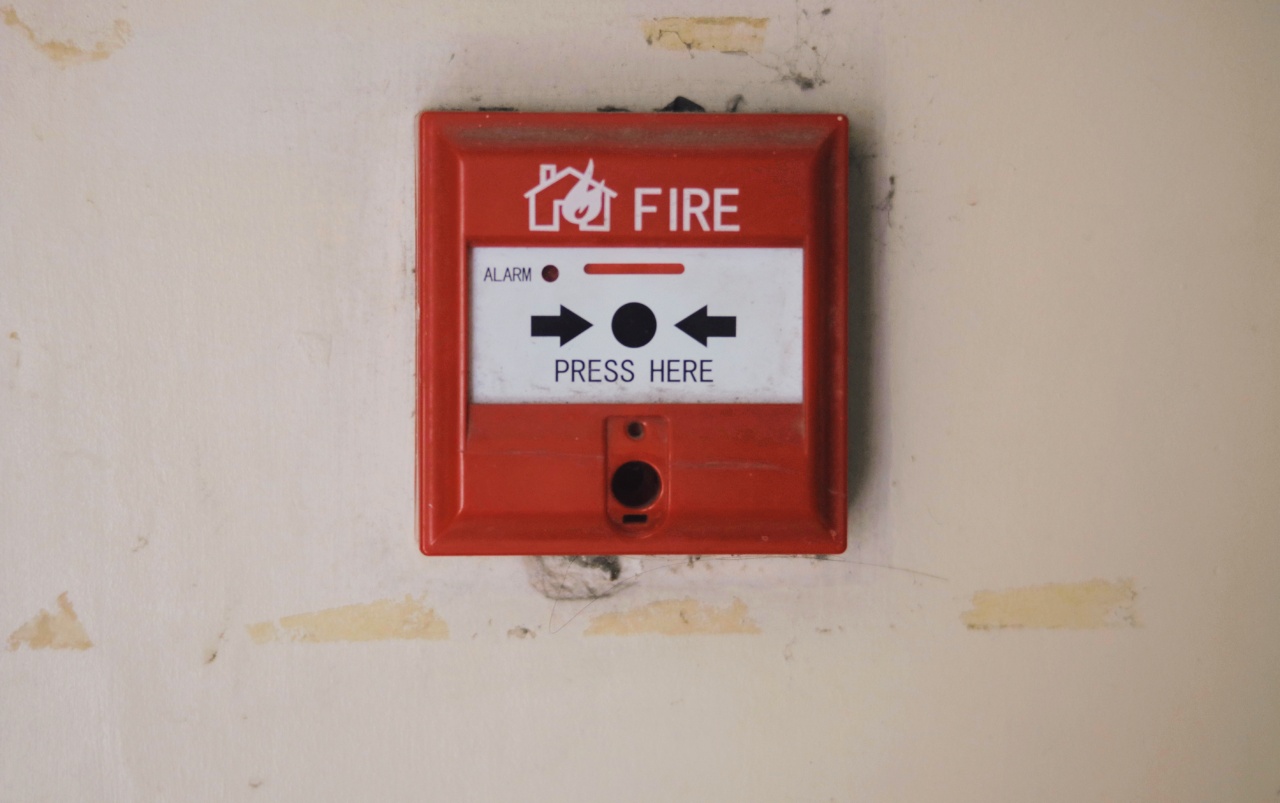Emergencies can happen at any time, and being able to identify the warning signs can be the difference between life and death.
While not all emergencies are predictable, familiarizing yourself with the red flags that signal a crisis can help you take prompt action and seek the necessary help. Here are 10 urgent indicators that you should never ignore:.
1. Sudden, severe chest pain
If you experience sudden, intense chest pain that radiates to your jaw or left arm, it could be a sign of a heart attack. Seek immediate medical attention or call emergency services.
2. Profuse bleeding
Uncontrolled bleeding from a wound, nose, or mouth can quickly lead to a life-threatening situation. Apply pressure to the area and call for emergency help.
3. Difficulty breathing
Struggling to breathe, shortness of breath, or wheezing may indicate a respiratory emergency, such as asthma, severe allergic reaction, or a collapsed lung. Seek medical assistance without delay.
4. Loss of consciousness
If a person suddenly collapses, loses consciousness, or becomes unresponsive, it could be due to a variety of serious conditions, including a stroke or cardiac arrest. Call for an ambulance immediately.
5. Severe burns
Deep, extensive burns that cover a large area of the body require immediate medical attention. While waiting for help, run cool (not cold) water over the burn for at least 10 minutes.
6. Suicidal thoughts or actions
If someone expresses thoughts of self-harm or suicide, it is crucial to take these indicators seriously. Reach out to emergency services or a mental health hotline immediately to ensure the person’s safety.
7. Persistent, severe abdominal pain
Intense, ongoing abdominal pain may indicate a serious condition, such as appendicitis or a ruptured organ. Prompt medical evaluation is essential to prevent further complications.
8. Signs of stroke
Sudden numbness or weakness on one side of the body, difficulty speaking or understanding speech, and severe headache with no known cause could be signs of a stroke. Time is critical, so call for emergency assistance immediately.
9. Allergic reactions with breathing difficulties
If someone exhibits signs of a severe allergic reaction, such as difficulty breathing, swelling of the face or throat, or a widespread rash, it could be an anaphylactic shock.
Administer any available epinephrine auto-injector and call emergency services.
10. Bone protruding from a wound
If a bone is sticking out from an open wound, never try to push it back in. Instead, stabilize the area, cover it with a clean cloth, and seek immediate medical care.
Remember, these are just a few examples of the many possible emergency situations. Always trust your instincts and seek professional help when in doubt.
The key to responding effectively to emergencies is recognizing the urgent indicators and taking immediate action.


























